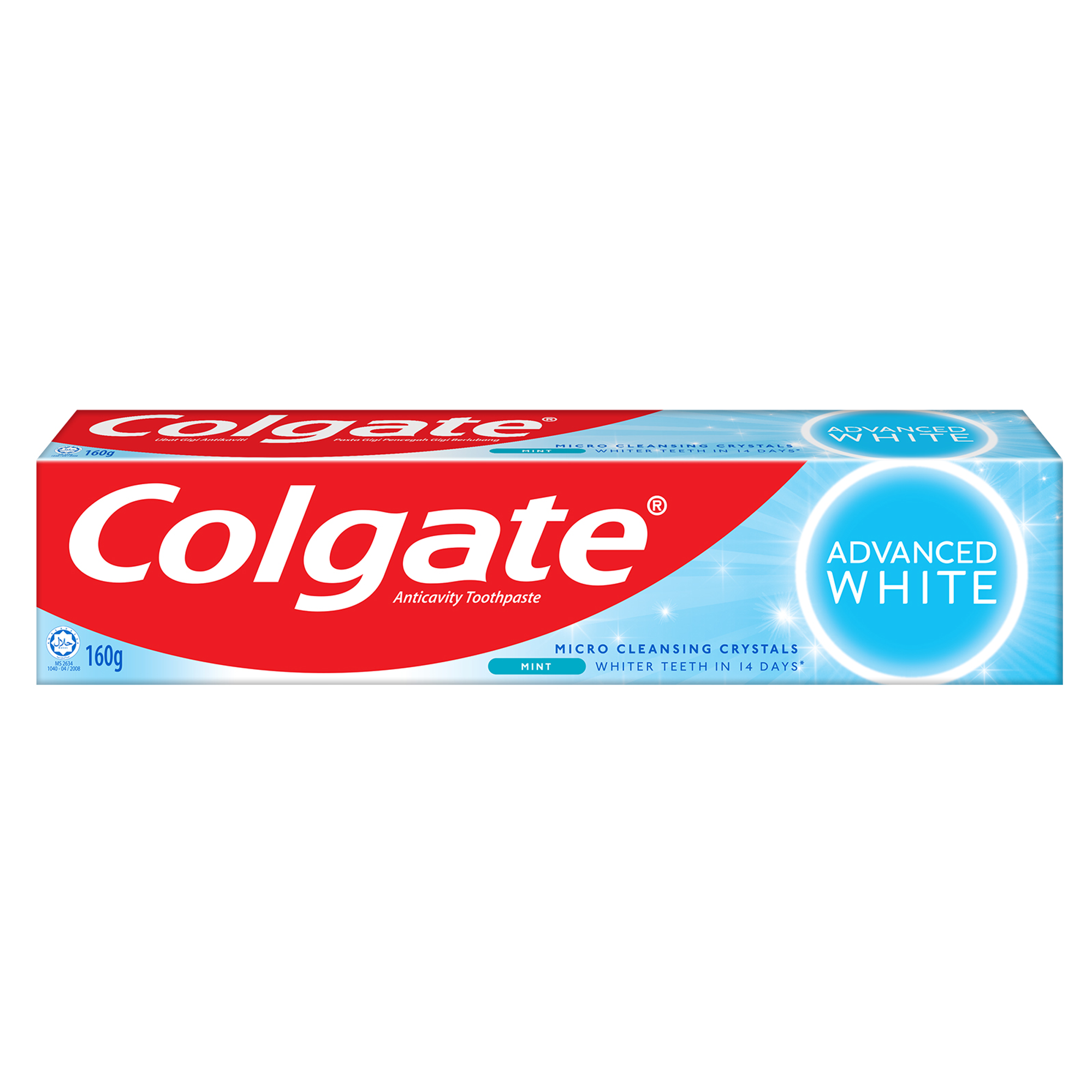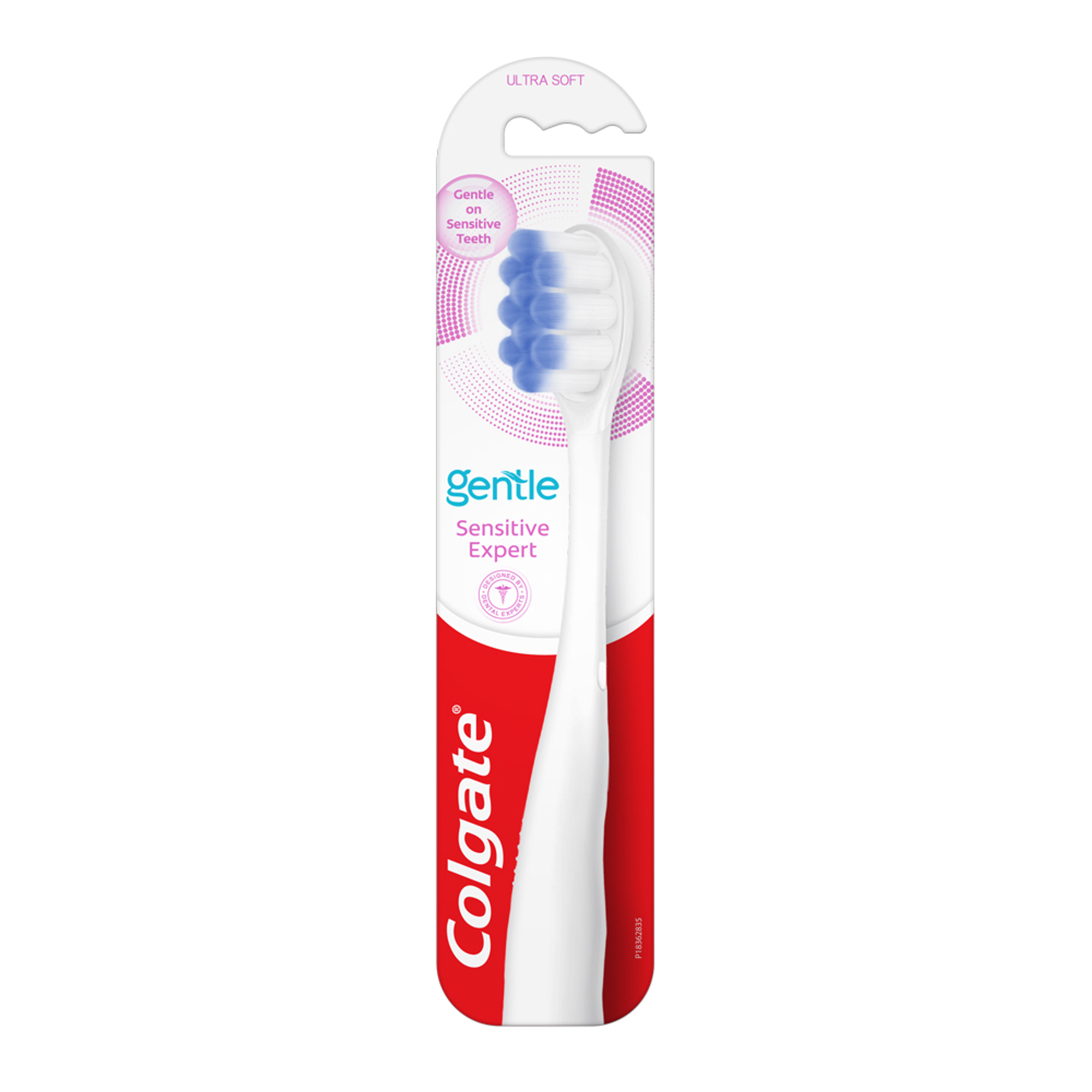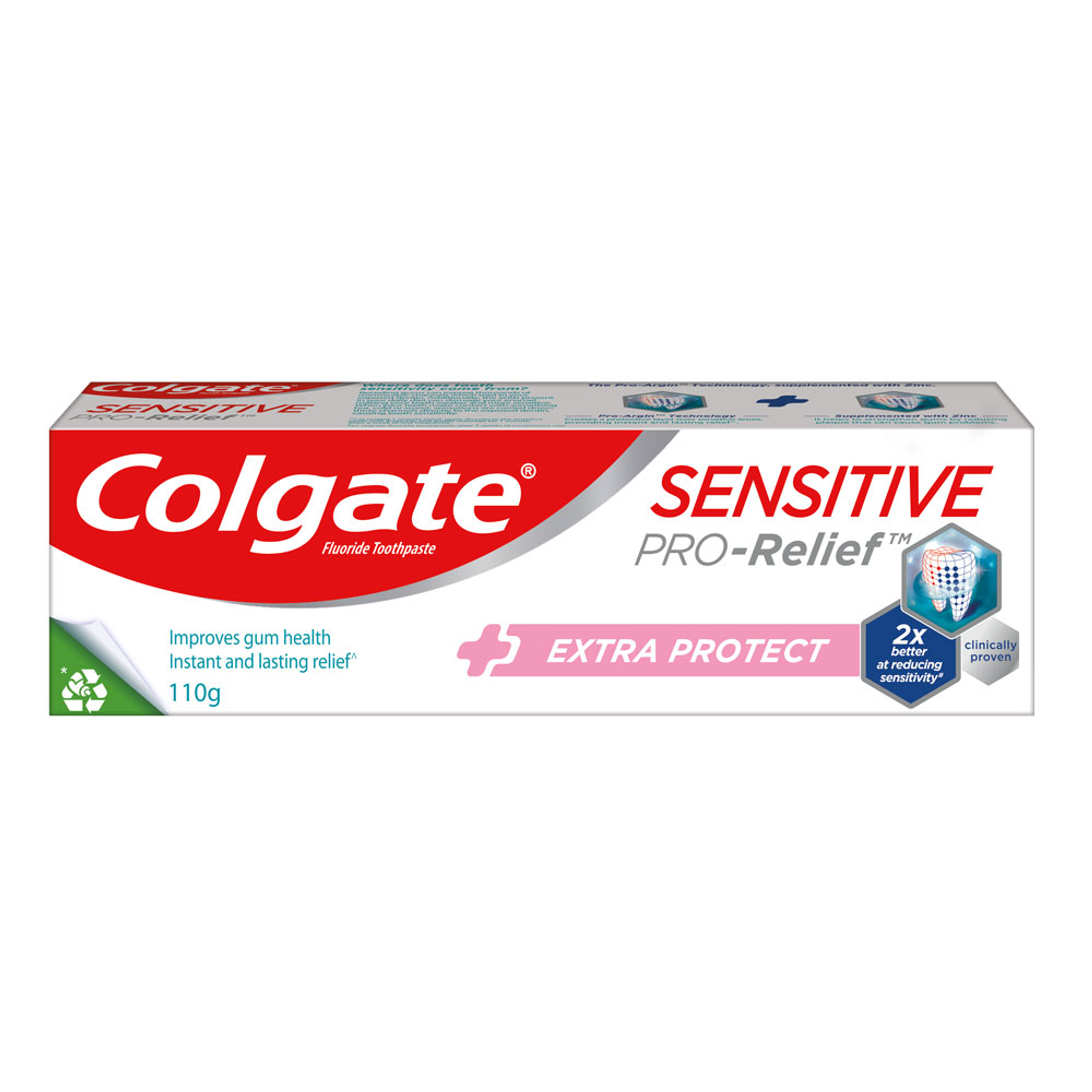Whitening Options
When it comes to brightening the appearance of your teeth, there are a few popular options:
- Whitening toothpaste helps remove stains and can include mild abrasives, hydrogen peroxide, or carbamide peroxide. Generally speaking, it contains the fewest number of ingredients when compared to other whitening products.
- Home-use whitening kits are sold in drug stores, grocery stores, or at your dental office. The ingredients usually found in these treatments contain peroxide, which gets below the tooth's surface to lighten it. These treatments typically include pens, trays, strips, rinses, or brushes.
- In-office whitening treatments are applied by your dental professional at their practice. These whitening treatments contain more peroxide than home-use whiteners or whitening toothpaste and tend to work faster than other options.
Your Sensitive Side
Sensitivity in your teeth can occur for various reasons and present in a few different ways. Your sensitivity could be the result of a whitening treatment but could also result from recent dental treatment, thin enamel, or an underlying dental condition.
When it comes to whitening, teeth sensitivity may occur in some patients during and after select treatments that contain peroxide-based whitening agents. This will vary based on the product used, formulation, dosage, concentration, and your individual health history. If you're worried about possible sensitivity, speak with your dental professional or choose whitening products that advertise no sensitivity.
How will you know if you’re having a sensitivity issue? Well, you may experience short pain with the following:
- Air
- Cold foods or beverages
- Consuming sweet, sour, or acidic items
- Brushing your teeth
In cases when sensitivity occurs, it typically results from whitening treatment removing microscopic amounts of mineral from your enamel. This exposes the dentinal tubules in the second layer of your teeth, also known as dentin. This temporary dentin hypersensitivity will decrease as the minerals in your enamel are restored.
Variations in Sensitivity
Teeth sensitivity depends on how much whitening (peroxide) is used, for how long, and your individual health history. Here are some other important facts to consider:
- Professional-grade whiteners have a higher concentration of bleach than whiteners you may purchase from the grocery or drug store.
- Bleach may cause gum irritation. Often this is due to bleaching agent trays that don’t fit correctly.
- Other potential side effects may include damage to tooth restorations or enamel.
Finding Relief
If you’re wondering how to help sensitive teeth after whitening, teeth and gum sensitivity are usually temporary and stop after completing your treatment. However, it can persist if you experience over treatment, in which case you should consult your dental professional.
In the meantime, here are some options that may help provide some relief:
- Use a lower concentration of whitening treatment
- Reduce the amount of whitening treatment in the tray
- Increase time between treatments
- Take a break from your whitening treatments until sensitivity reduces
- Use a desensitizing treatment or varnish applied chair-side in your dental office
- Brush with a gel or toothpaste that helps reduce tooth sensitivity
Dental Visit
If you’re ready to whiten your teeth, you should consult your dental office so your dental professional can conduct a “touch and air” test to evaluate your sensitivity level. They'll be able to tell you which teeth whitening treatment will work best for your individual needs.
For immediate tooth sensitivity relief, they can recommend desensitizing agents. Additional ways to reduce the feeling of sensitive teeth after whitening may include over-the-counter medications or topical treatments, based on your dental professional's recommendation.
Getting your teeth whitened can be great for your look and confidence. Unfortunately, there can be a little discomfort with sensitivity issues in some cases, with some products. Be sure to keep your dental professional in the loop and practise options to relieve your pain in the meantime. You've made an excellent choice to inform yourself on whitening products, sensitivity, and what you can do about it.













